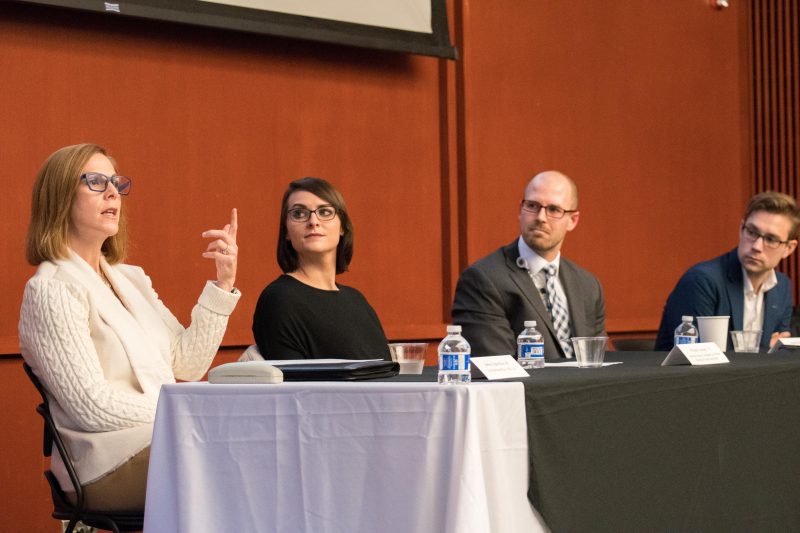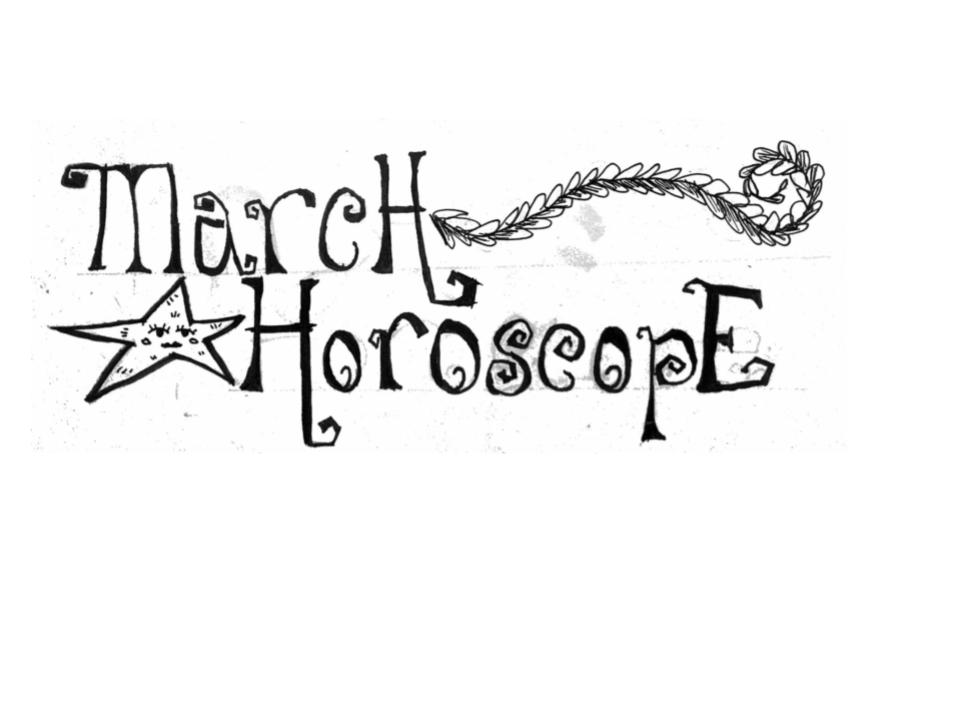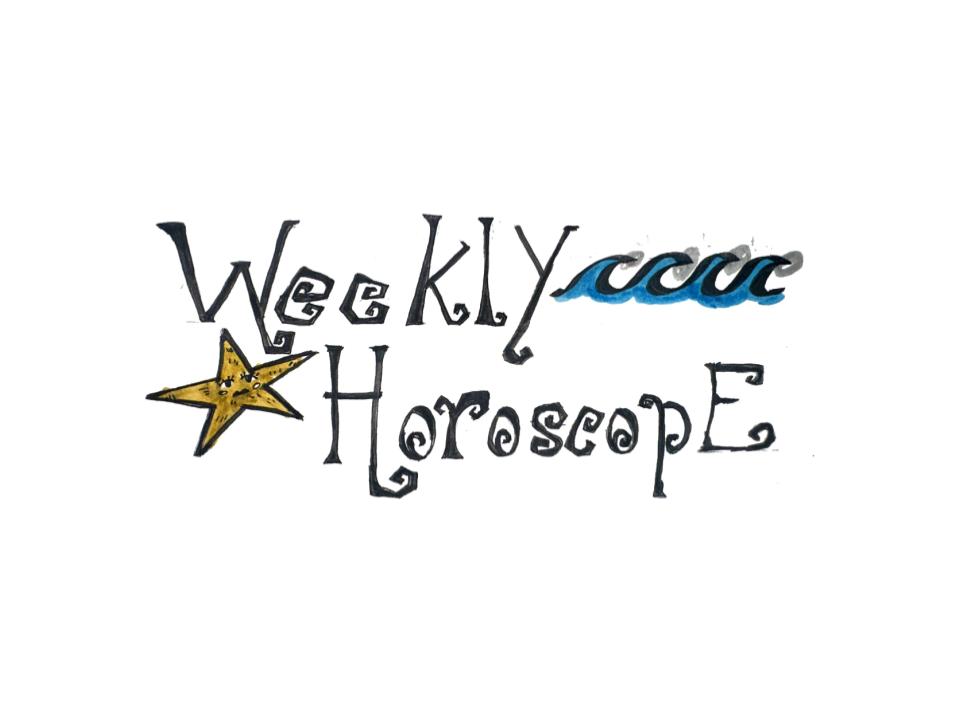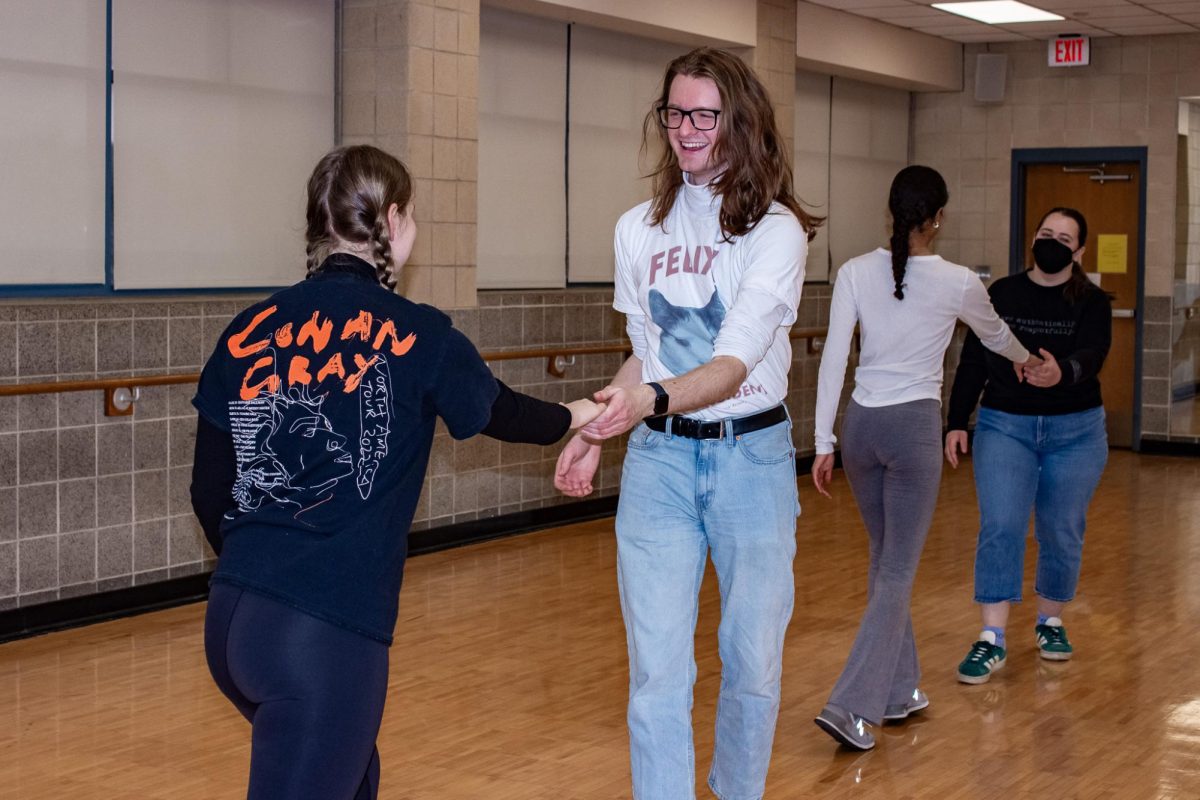“I’ve never read a book that started with the sentence, ‘I did what my mother told me.’ ”
These are the words of newspaperman and entrepreneur Robert Rivard, a guest on the second panel of Trinity’s first Humanities Day, held on Jan. 26. Rivard, along with three other panelists, told stories and gave advice to current students during the second panel, titled “Advice for the Present: What I Wish I had Known.” Rivard’s co-panelists were Dilpreet Sidhu, Rachel Fuerst, and Nicholas Shockey.
Humanities Day was carefully organized by the Humanities Collective and the Center for Experiential Learning and Career Success, and made possible through the support of Board of Trustees member and incoming chair, Herb Stumberg. It included two panels, each with four members who were all connected to the humanities in some way, most of whom graduated from Trinity.
The first panel, entitled “Trajectories: Models for the Future” was made up of Trinity graduates Debbi Cohen Roos, Whitney Fournier, Matthew Patty, and John Burnam. Each person spoke about his or her path after Trinity to get to where they are today. Many of these paths were unorthodox, as none of the panelists were doing a job that someone would think “naturally” followed their majors.
Panelist Debbi Roos (class of 1990), who described herself as a proud English major, said that, to her, college isn’t supposed to prepare you for a specific job.
“I came to school to get an education and not a training,” Roos said.
This sentiment was echoed by all of the other panelists across both panels. Phrases like “lifelong learner” and “learning how to learn” appeared multiple times, spoken by different people. The clear message of the evening was that humanities majors are valuable in whatever field they choose to pursue, because they’re critical thinkers. Multiple panelists also emphasized the value of good writing.
Nicholas Shockey (class of 2009), one of the members of the second panel, explained how his ability to write helped him turn an internship into a job after he graduated.
“[My boss] could trust my writing and didn’t need to spend time heavily editing my work,” Shockey said.
Rivard also stressed the importance of being able to write well, explaining that this skill is one of the main reasons he loves to hire Trinity graduates. He attributes the ability to write well to Trinity students’ capacity to think clearly and logically.
“Good writing starts with good thinking,” Rivard said.
This strong reinforcement of the value of a humanities background was the point that the Humanities Collective hoped to get across to students. Professor Tim O’Sullivan, chair of the classics department and one of the two leaders of the Humanities Collective, said in advance of the event that he hoped students would recognize the value of the humanities courses they take, even if they’re not directly related to students’ majors.
“The hope is for students to come away realizing that even their work in classes that aren’t explicitly tied to pre-professional training can have a real impact for them on their post-collegiate lives,” O’Sullivan said.
Professor Ruben Dupertuis of the religion department, the other leader of the Humanities Collective, explained that he hoped that the panelists would be able to provide a perspective that professors can’t.
“It’s harder to talk about the specific skills that you can get out of humanities degrees … because they can look so different for different people. So it’s our hope that, rather than us going on and on about, ‘look there’s a bunch of skills in the humanities,’ just bringing people to talk about their own experiences, and in different ways, will be helpful to students,” Dupertuis said.
He also expressed the hope that students would able to make use of the reception at the end of the evening to meet and mingle with panelists and other alumni.
“We’re bringing back an extraordinary group of alums, I hope students will get to know them,” Dupertuis said.
One of these alumni, Dilpreet Sidhu (class of 2009), had perhaps the most honest comment of the evening.
“Having to write papers, as painful as that process is, you’re going to reap the benefits of that for the rest of your life,” Sidhu said.
As all the professors in the room chuckled, the students in the room collectively sighed.








Daniel Lupo • Feb 8, 2018 at 4:52 pm
As an English major (and philosophy minor) I enjoyed the positive comments the panelists made about a humanities education. Yes, it’s about education, not training. Yes good writing implies sound thinking. Yes, all the papers you labor to write as an undergrad make all future writing (done mostly in the context of a paying job) less daunting, easier to complete, and more polished. As a former training manager at Dell, I regularly employed analytical skills honed from studying philosophy and communications skills gained from writing about literature. I applaud Trinity for sponsoring the event; I salut the panelists for their candid advice and wisdom; and I thank you for capturing it all in a concise, wel-written article. Proud of you . . . Pop
Robert Rivard • Feb 2, 2018 at 8:59 am
Maggie, nice article on a wonderful event. I was fortunate to be invited to participate. Trinity University sends its graduates into the world prepared to thrive and succeed. Events like Humanities Day and the passion for student learning demonstrated by professors there are among the many reasons why. —Robert Rivard